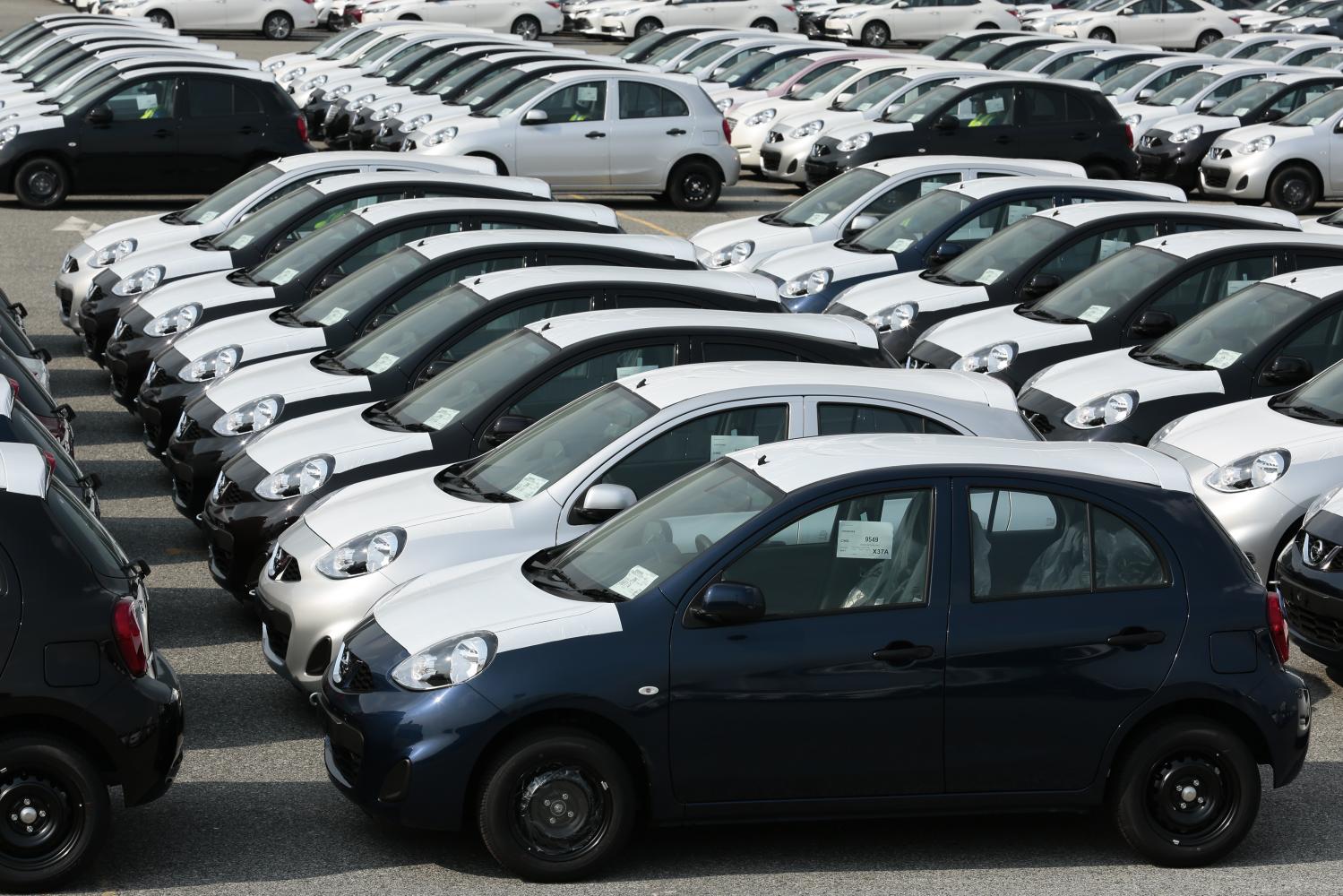
The spread of the Omicron variant across Europe will not have a serious impact on car exports from Thailand as the continent is not a major market, says the Federation of Thai Industries (FTI).
Many European countries are reporting higher numbers of Covid-19 infections, with France warning last week that daily new cases could soon exceed 100,000, according to media reports. European nations have started reimposing strict measures to contain the new variant.
"Omicron is spreading very quickly in Europe, but the FTI is not worried about a serious impact as Thailand exported only 10% of its total shipments to this market," said Suparat Sirisuwanangkura, FTI vice-chairman.
Most cars are usually exported to the Middle East, Oceania and other Asian countries, which make up more than 50% of the exports, he said.
However, the FTI's automotive club is monitoring the situation to prepare for any uncertainties caused by the pandemic in 2022, and the prolonged global semiconductor shortage remains a major concern.
"Many global automakers are worried the chip shortage will cause a problem similar to earlier this year, so they are adjusting their business plans in response to the situation," said Mr Suparat.
From January to November this year, car exports rose by 28.6% year-on-year to 857,887 units, worth 500 billion baht in value, according to the club.
Car manufacturers with production facilities in Thailand do not want the government to reinstate lockdown measures to fight Omicron if the variant triggers a fourth outbreak, said the FTI.
"Previous lockdown measures affected people's confidence and purchasing power. Car showrooms were closed," he said.
Last year the lockdown caused Toyota Motor Thailand to temporarily shut down its manufacturing operations from April 7 until the middle of May. Its dealers reported almost no customers at their showrooms.
In another development, authorities are preparing to ask the cabinet to approve plans to promote sales of electric vehicles (EVs) next year.
"Car manufacturers will wait and see what EV packages are approved by the cabinet to grow the domestic market," said Mr Suparat.